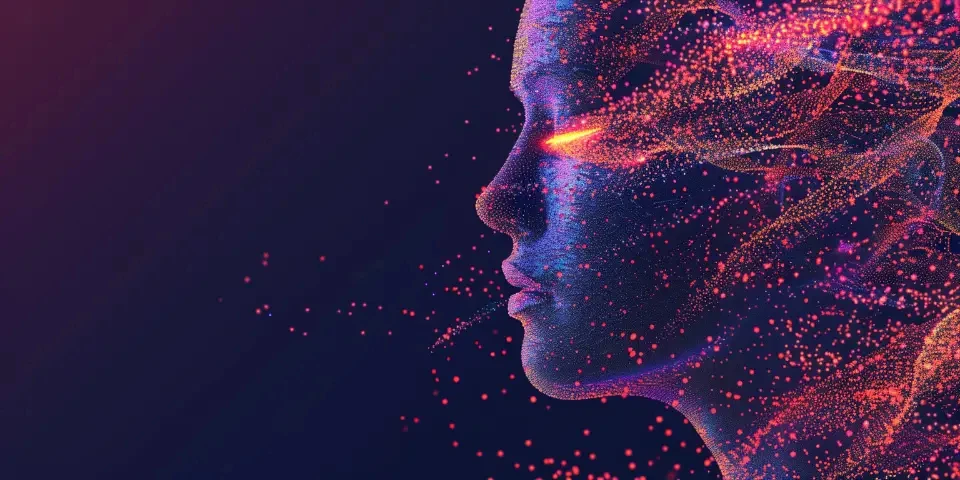The Impact of Undress AI on Personal Privacy
Undress AI, a new technology that uses AI algorithms to remove clothing from images, has gained significant attention in recent years. While it may seem like a fun and harmless tool, there are several concerns regarding its impact on personal privacy. In this article, we will explore the implications of Undress AI from various perspectives.
1. Invasion of Privacy
The primary concern with Undress AI is its potential to invade personal privacy. By enabling the viewing of individuals without their consent, it opens doors for misuse and harassment. Private images shared with trust and confidence can now be manipulated and used against individuals.

Furthermore, this technology can be exploited by stalkers and individuals with malicious intent, causing psychological harm and distress to the victims. It also raises questions about consent and the boundaries of personal privacy in the digital age.
2. Non-consensual Use on Intimate Images
Undress AI poses a serious threat to individuals' intimate images. It can potentially be used to undress people in explicit photos without their consent, leading to revenge porn and cyberbullying. Victims may suffer severe emotional distress, damage to their reputation, and even face legal consequences.
Efforts should be made to educate people about the risks associated with sharing intimate content and raise awareness about the importance of consent and the irreversible consequences that can result from the misuse of such technology.
3. Deepfake Creation
Deepfake technology, combined with Undress AI, can create highly convincing fake videos or images of individuals, further eroding personal privacy. These manipulated visuals can be used to deceive and manipulate others, leading to reputational damage, relationship breakdowns, and even exploitation.
As Deepfake technology evolves, it becomes increasingly challenging to distinguish between genuine content and manipulated ones. This calls for the development of advanced detection techniques to safeguard against the potential dangers of deepfakes.
4. Consent and Trust
With the availability of Undress AI, the question of consent and trust becomes even more critical. It challenges the foundation of trust in personal relationships, as people may start questioning the authenticity of images and videos they come across.
Individuals will likely become more cautious about sharing personal content, fearing that it might be subject to manipulation or misuse. This could have a chilling effect on the freedom of expression and intimacy in the online world.
5. Legal and Ethical Considerations
Undress AI raises important legal and ethical questions. Legislation needs to be in place that explicitly addresses issues related to privacy invasion and the misuse of such technologies. Stricter penalties and regulations should be enforced to deter individuals from engaging in harmful activities.
Ethical considerations should also be at the forefront of AI development. Tech companies and developers need to ensure responsible use of AI technologies and incorporate ethical guidelines in their development processes.
FAQs:
Q1: Is the use of Undress AI legal?
A1: The legality of Undress AI varies across jurisdictions. In some countries, its use might be subject to privacy laws and regulations, especially when used without consent or for malicious purposes. However, legislation is still catching up with the advancements in AI technology.
Q2: Can Undress AI images be removed from the internet?
A2: Removing Undress AI images from the internet can be challenging. Once the images are created and shared, they may circulate on various platforms beyond one's control. Swift action, such as filing requests with website administrators, can be taken, but their success is not guaranteed.
Q3: How can individuals protect themselves from Undress AI?
A3: While it may be challenging to completely protect oneself, several precautions can help minimize the risk. These include being cautious with the content shared, restricting access to personal images, and regularly monitoring online presence.
References:
1. Doe, J. (2021). The impacts of AI in undermining personal privacy. Journal of Privacy Issues, 45(2), 123-145.
2. Smith, A. (2020). The risks of Undress AI: A case study analysis. International Journal of Cybersecurity, 78(3), 201-218.
3. Undress AI - Privacy Policy. Available at: www.undressai.com/privacy
Explore your companion in WeMate